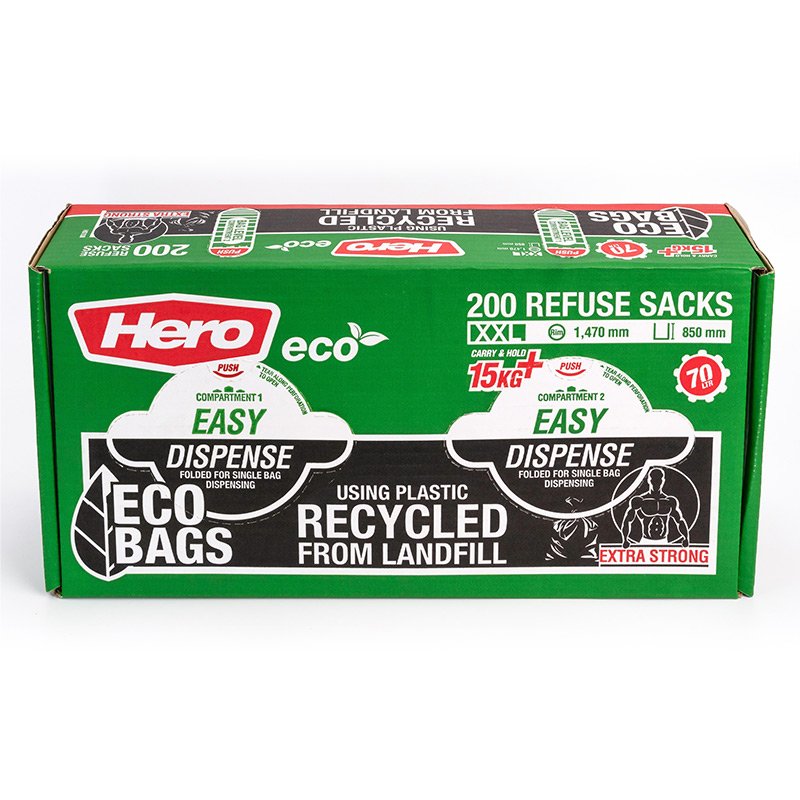So, what will be your legacy to the profession, the industry, or the company?
A group of gentlemen (which maybe or maybe not the right phrase), myself included, recently arranged to meet a prolific social media writer. It wasn’t in a conference room or boardroom, but in a local pub (soft drinks of course).
I’m not sure he wants publicity, so I’ll refrain from naming him.
Four of us turned up for an hour-long meeting, which might have felt more like an ambush to an unsuspecting man. We’d expected someone mature, in his early sixties perhaps. But to our surprise, he was in his late seventies. Late seventies, and incredibly active on social media. Who would have guessed?
His efforts online will be his legacy.
He has made it his mission to defend the plastics industry, tirelessly challenging sensationalist posts that demonise plastic in the name of environmental crusades. In a world driven by emotional headlines and clickbait activism, he brings reason and context to the conversation.
Yes, we see plastic waste scattered across our planet. But plastic itself is not the villain — poor disposal is. The problem lies not in the material, but in human behaviour. Littering, not manufacturing, is the root cause.
While the UK is a world leader in recycling, much of what should be reused still ends up in waterways. Not because it’s plastic — but because it wasn’t disposed of properly in the first place.
This gentleman, our unsung caped crusader, posts thoughtful, tailored responses to hundreds of social media comments. I’ve read 200 to 300 of them — and not one was a copy-and-paste reply. Each message is specific, considered, and crafted with purpose. The time and energy he invests, especially at his age, is truly admirable.
Even on a recent Caribbean cruise, he was still posting. A true crusader for the cause.
Why am I writing about him? Because he embodies the idea of legacy, that what we leave behind doesn’t have to be grand, but it should be meaningful.

So, as retirement looms on the horizon, many of us begin to reflect. What will we leave behind? What echoes of our work, our values, and our actions will outlast us?
The final years before retirement bring with them a quiet swirl of thoughts:
Reflections on Time and Identity
“Who am I without my job title?”
“I remember when I was the youngest in the room.”
“Have I left things better than I found them?”
Practical & Philosophical Musings
“Will I be bored, or blissfully free?”
“Will I miss the chaos I used to complain about?”
“Do I really have enough to retire comfortably?”
“What do I want the rest of my life to feel like?”
Light-hearted Thoughts
“How long before my calendar fills with grandkids, golf, and gardening?”
“Can I get away with saying ‘I’m retired’ as an excuse for everything?”
“Will I still wake up at 6am out of habit for the next five years?”
“Time to swap the daily commute for a daily walk with the dog.”
The Scenic Route Awaits
Retirement feels like standing at the edge of a familiar shore, the tide of routine slowly pulling back, revealing a new and open horizon.
These final working years have a rhythm of their own, slower, but filled with reflection:
Have I done good work? Made a difference? Helped someone along the way?
And perhaps more personally: Who will I be without the Monday meetings, the deadlines, the title on the door?
Retirement isn’t an ending. It’s a change in tempo. A chance to swap spreadsheets for garden beds, business calls for long lunches, and, maybe, sleep past 6am (though I have my doubts).
Will I miss the chaos I used to complain about? I probably will. The laughter, the shared challenges, the familiar frustrations — even the temperamental printer on floor three — all of it has shaped my days more than I realised.
Now, a different kind of calendar awaits. One filled with grandkids, hobbies, books, travels, and freedom. A calendar that doesn’t need approval for time off.
So here’s to legacy.
To the crusaders who fight for their industry.
To the mentors who shaped teams quietly.
To the laughter left in break rooms, the standards set in spreadsheets, and the wisdom tucked into everyday decisions.
Legacy isn’t about fame. It’s about influence or intention.
The road ahead isn’t the end. It’s just the scenic route.
In conclusion, I’d suggest that by the age of 50, we begin to reflect on the legacy we hope to leave behind. By the time we approach 60, we should have a set of guiding principles in place, ready to shape our final contributions as we near retirement. This stage of life isn’t about simply looking forward to the end of our careers, but about recognising and celebrating what we’ve built, while making a few final, purposeful efforts to influence positive change. A legacy, after all, isn’t just what we leave behind, it’s what we leave in motion.
Share This Story

From waste to resource — recycled plastic flakes ready to be reborn into new products.







